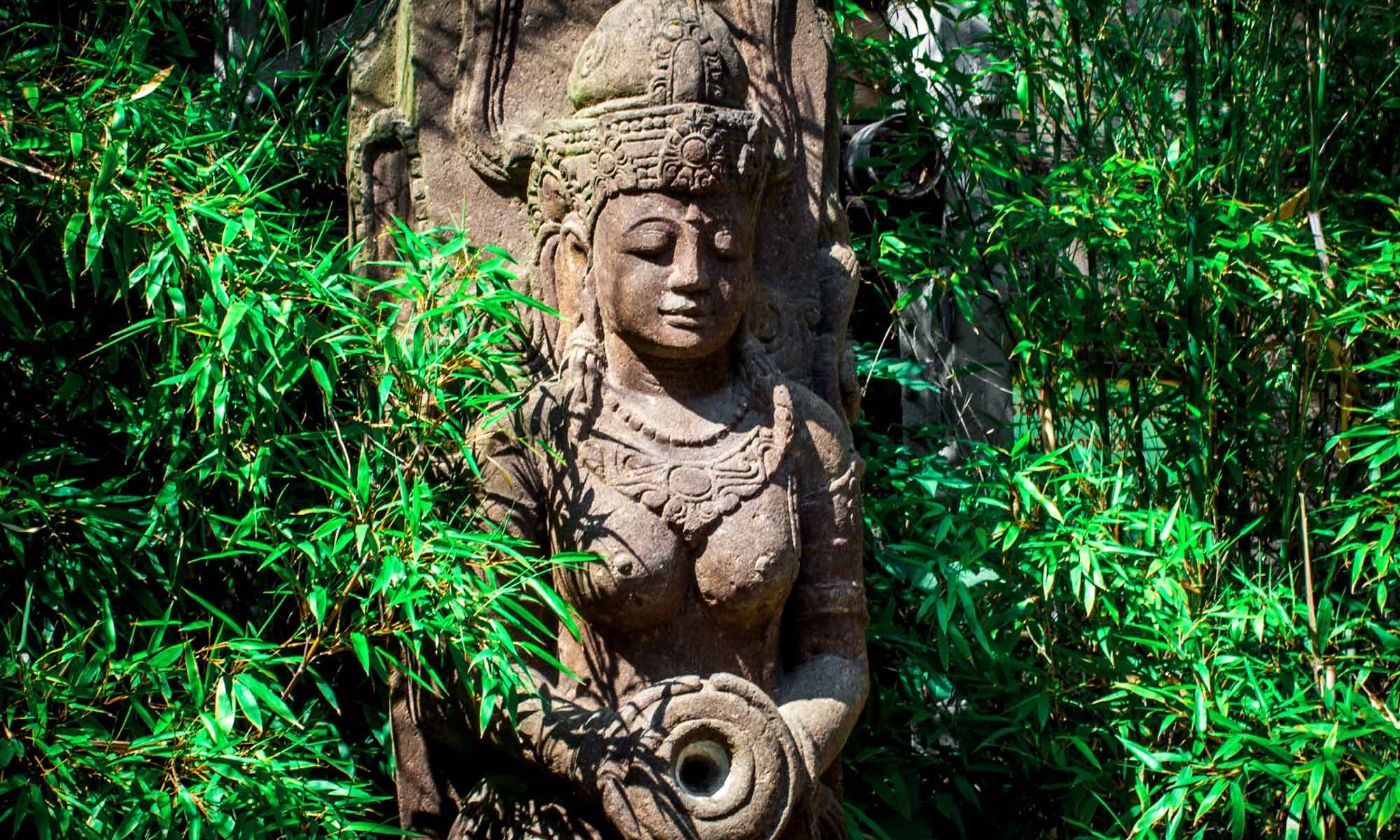Redeeming Ancient Agriculture from the Dustbin
with Vicki Noble
Wednesday, September 23, 2020
3 pm Eastern Daylight Time

Modern industrial agriculture is divorced from nature and culture, making it difficult for most citizens to imagine what it was like originally when the tasks of planting, growing, and harvesting were fully integrated into the daily life, spiritual practices, and economic sustainability of Neolithic and/or indigenous cultures. When people understood the soil to be alive with microorganisms and helpful living creatures like worms, and when they understood the cycle of seasons to be an expression of sacred natural law, the practice of agriculture involved profound meaning, not high yields and market value.
Continue reading “Announcing Scholar Salon 13: Register for September 23rd”










You must be logged in to post a comment.